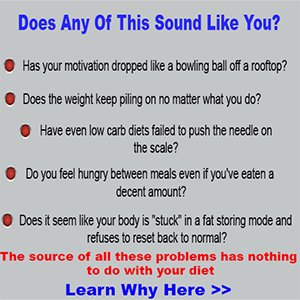Top 10 Natural Bug Repellents (#1 is just as strong as DEET)
…stay outdoors longer without dealing with pesky black flies or mosquitos!
By Kevin DiDonato MS, CES—Level 1 Certified Precision Nutrition and Certified Personal Trainer
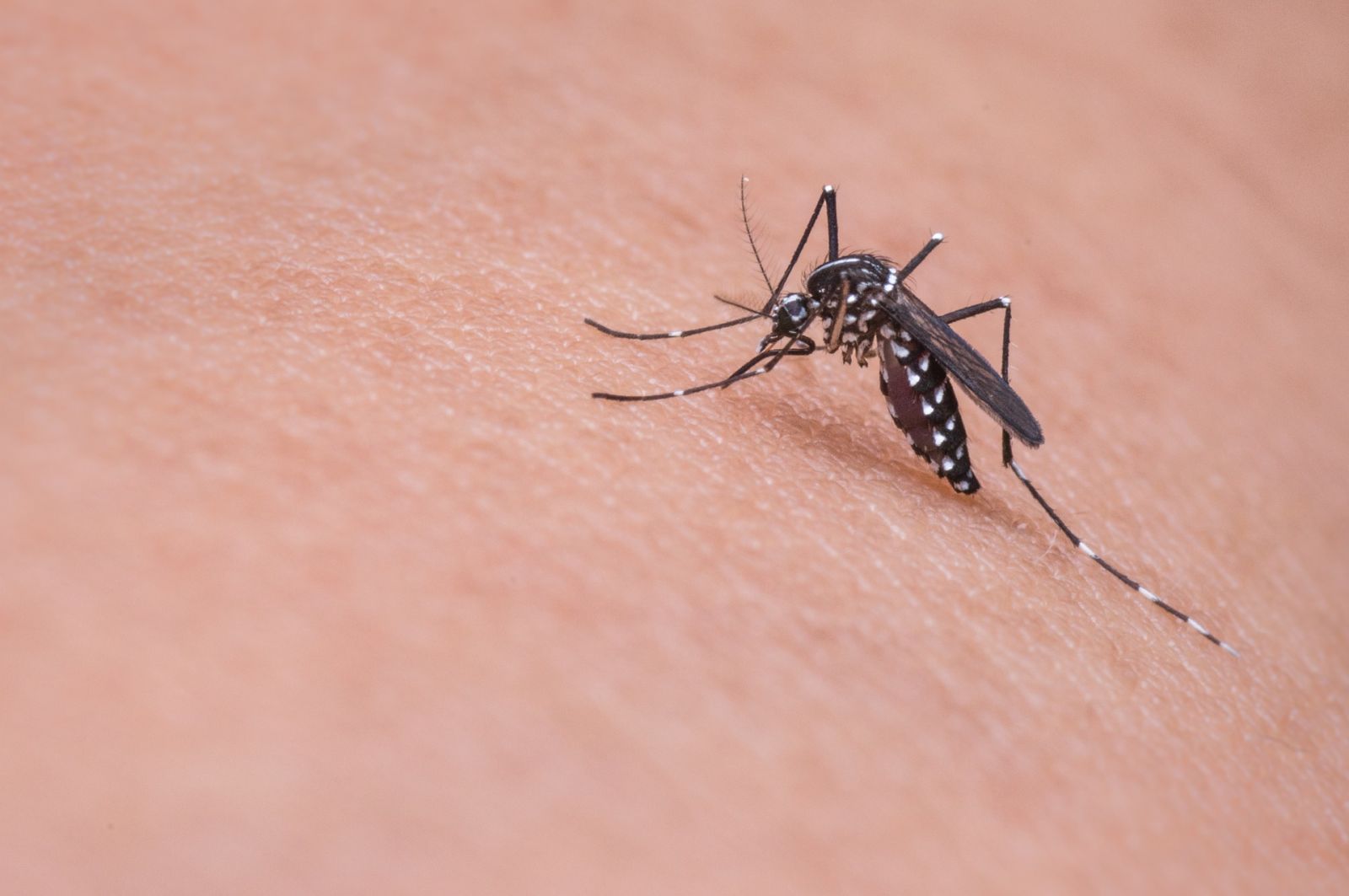 This was a spring that most people would like to forget. The cold seemed to hang in the air like a blanket that just wouldn’t quit.
This was a spring that most people would like to forget. The cold seemed to hang in the air like a blanket that just wouldn’t quit.
Here in Maine, our mud season (which lasts until late May), hung around until late June…leaving less fun in the sun and more standing puddles.
And those puddles brought with them plenty of pesky bugs. I am sure you noticed the same in your neck of the woods.
But:
We don’t just have to deal with black flies and mosquitos…we also have a TON of ticks that we deal with on an everyday basis.
As I am sure you do as well.
So what can you do to prevent these pesky bugs from ruining your summer activities?
You can use these…
Top Natural Bug Repellants
Every year, around the same time, the bugs seem to come out on droves. Sometimes, the sky is so dark because there is a swarm of mosquitos, black flies, flies, and bees.
It can make the outdoors a little less appealing during this time of year.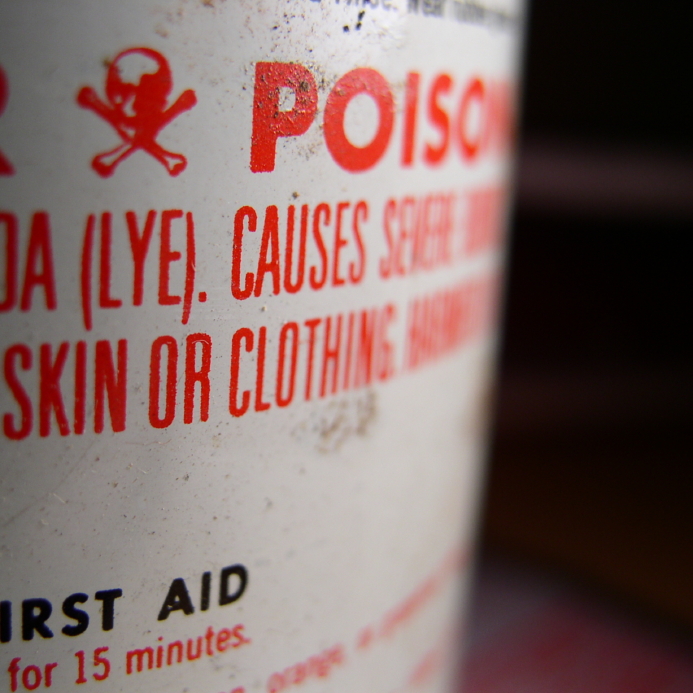
Most bites from these insects can be harmless, with just a little bit of itching. But not all bites are safe.
With the rise in bird flu, West Nile virus, Zika, malaria, and tick-borne illness creeping up, it’s safe to say that protecting your skin should be a priority.
Every year, there are over 100 million people who get sick from mosquito bites—making it quite the health hazard.
Plus, there are over 300,000 cases of tick-borne illnesses each year, with Lyme disease ranking at the top.
So what can you do to prevent bugs from biting? Simple—use bug repellant!
Most bug repellants are geared at stopping bugs by messing with their olfactory system. If they can’t smell you, then can’t find or bite you.
And most have a very high success rate. However, most commercial bug sprays contain a chemical compound called DEET.
And DEET, which is the gold standard for bug repellants, is still a chemical that has many consumers questioning its safety.
In fact, back in 2018, over 2,000 adults were sent a survey regarding the safety of DEET, and an overwhelming percentage of people avoid using bug sprays with DEET.
The reason:
They question the safety of the chemical. With a small number of cases of brain damage, seizures, cancer, and death, most people simply don’t trust DEET or products that contain DEET.
And we don’t blame you!
With our bodies already overwhelmed with chemicals, many people are trying their best to limit the amount of chemicals that are reaching their bodies.
And adding DEET to the mix just makes one more chemical that your body doesn’t need.
That’s why we have picked 4 of the top NATURAL (DEET-FREE) bug repellants that may be just as effective as using a product with DEET.
And those products include:
1. Lemon Eucalyptus
If you’re looking for an insect repellant that could be just as strong as DEET, than look no further than lemon eucalyptus.
This all-natural solution has been verified by the CDC to be just as effective as DEET products for preventing bugs and insects from invading your personal space.
Lemon eucalyptus, which is a plant-based active ingredient of the eucalyptus leaf, has been approved by the CDC as a natural insect repellant.
In fact, studies show that products containing 30 percent lemon eucalyptus were just as effective at keeping bugs and insects away for up to 7 hours.
Talk about a great all-natural way to enjoy the outdoors without pesky bugs!
2. Lavender Oil
Everyone knows how relaxing lavender can be for your body.
But did you know that it could be a great way to keep bugs—especially mosquitos away?
A study conducted on hairless mice showed lavender oil was effective at preventing adult mosquitos from attacking the mice.
Besides the repellant aspect, lavender also contains antifungal, antiseptic, and analgesic properties that help relax your body and mind.
3. Cinnamon Oil
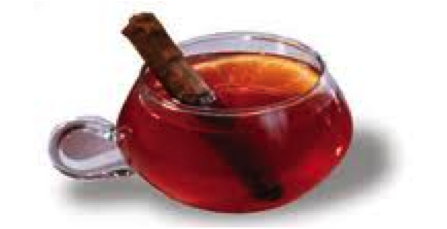 If you’re like me, then you probably thought cinnamon was only good as a breakfast topper or a way to keep your blood sugar under control.
If you’re like me, then you probably thought cinnamon was only good as a breakfast topper or a way to keep your blood sugar under control.
Think again!
A study conducted in Taiwan showed that cinnamon oil was effective at keeping insects away—especially the Asian Tiger mosquito!
Besides the repellant aspect, cinnamon oil may also kill mosquito and insect eggs, therefore cutting down on the insect population.
4. Tea Tree Oil
This oil, which comes from Australia, may have a multitude of uses for your body. It’s been used in hair care products, essential oils, and as an insect repellant.
It contains antimicrobial, antibacterial, and antifungal properties, which makes it an effective treatment for overall health improvements as well.
Studies, however, show that tea tree oil could be an effective insect repellant—especially against fleas, ticks, and other biting insects.
5. Thyme Oil
One of the best spices for cooking, thyme may also be a very effective bug repellant.
Why? Two compounds—carvacrol and alpha-terpinene—have been shown to ward off mosquitos and other bugs.
Studies have shown that thyme oil, when used as topically, may be 89 percent effective against bugs.
But you don’t have to use the spray…
It has also been shown that burning thyme leaves may be 85 percent effective in warding off pests for an hour or more!
6. Clove Oil
Cloves are aromatic flowers native to Indonesia and are commonly used as a spice.
However, its power is not limited to just making food taste and smell good. Two studies have linked clove oil as an effective method for warding off mosquitos for up to 4 hours!
But one note to consider: Undiluted clove oil may lead to irritation of the skin.
7. Peppermint Oil
Even though peppermint is used mostly during the holiday season, it may be time to get it out for summer.
Two studies out of Bolivia and Brazil, found peppermint oil to be very effective at warding off mosquitos for 45 minutes (or longer).
And, unlike Clove oil and Thyme oil, undiluted peppermint oil caused no irritation to the skin.
8. Coconut Oil
Let’s add another feather to the cap of coconut oil. Not only does this oil lead to major health and weight loss improvements, it may also be an effective bug repellant.
Studies show that the compounds found in coconut oil may repel biting flies and bed bugs for up to 2 weeks, and ticks for up to one week!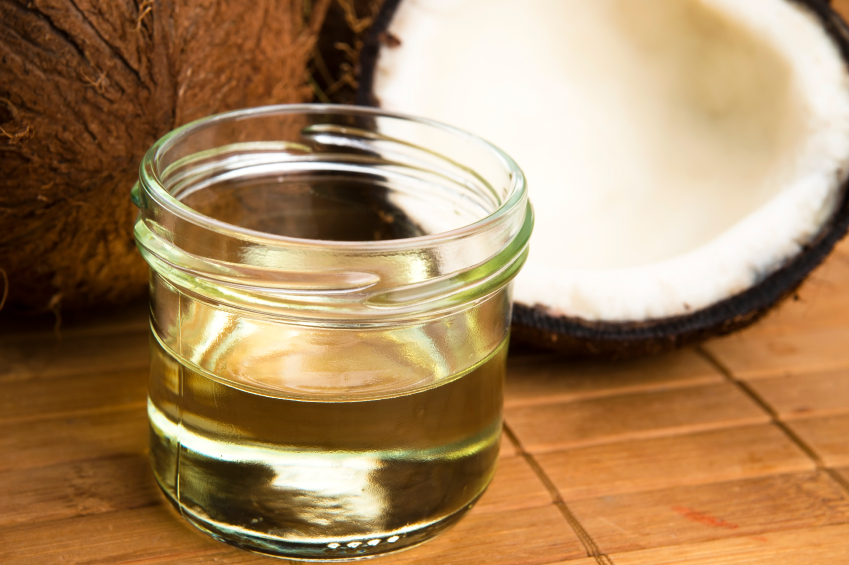
The studies also noted that topical applications that contain high concentrations of coconut oil may repel mosquitos and bites that could lead to sickness or death.
9. Cedar Oil
This essential oil, which is made from various types of conifers and pine trees, has long been used as a bug repellant.
It contains a potent compound, thujone (which is a terpenoid) that is extremely effective at warding off biting flies, cockroaches, termites, carpet beetles, and ants.
It’s so effective that it may inhibit bites or even kill bugs that come near it!
10. Neem Oil
Want to protect yourself for up to 4 hours with a small dose? If so, you want neem oil on your side.
Neem oil contains azadirachtins, a very potent insecticide. Just a small dose (2 percent concentration) of neem oil could keep biting flies, mosquitoes, and other bugs at bay for 4 hours or longer.
Final Thoughts
It’s the time of year when the bugs come out in droves, and drive the normal folk inside. And that’s why they made bug spray—like the kind that is made with DEET.
Although DEET is the gold standard when it comes to keeping bugs away from you, it may not be the safest.
In fact, between 1980 and 1990, there were plenty of negative side effects reported.
And this is precisely why most people are wary of using a product with DEET, as this chemical may get into your system and cause some trouble.
Don’t worry, though, above you are going to find 4 of the top natural bug repellants—even one that is comparable to DEET.
These all-natural pest solutions may not only keep the bugs away, they may also hold antimicrobial, antibacterial, and antifungal properties which could help improve your health.
If you’re looking for a way to cut down on your chemical exposure, while also being able to enjoy the outside time without swatting insects every TWO seconds, then consider these all-natural insect repellants—free from nasty chemicals that could impact your body.
Your liver is one of the most important organs in your body, but it can take a beating over the years...
I just released a brand-new report all about which foods can actually DAMAGE your liver, and which foods can HEAL your liver. And for the rest of today, you can grab a Free copy of this report at no cost, and start healing your damaged liver right away...
> 14 foods that HEAL your damaged liver (brand-new Free report available today)
Be sure to SHARE this post on your favorite social media channels such as Facebook, Twitter, Pinterest, and Google +.
About Jayson Hunter & Jaylab Pro

Jaylab Pro was founded by Registered Dietitian Jayson Hunter. Jayson has been recognized as one of America's foremost weight loss experts by America's Premier Experts™. He has also been featured in USA Today for this accomplishment. Jayson is also a best-selling author having co-authored multiple books in health & fitness and business growth. Jayson and the Jaylab Pro team are proud to create content that helps improve the lives of millions of people around the world. We hope you enjoy it just as much as others have.
 If you order a JayLabPro SmartShip product or any Combo Package, we will automatically ship you a new supply of the product or products you have ordered every month, starting 30 days after your initial order is shipped, and continuing until you cancel. The credit card you are using today will be billed the lowest available price for those product or products when your order is shipped, but shipping will be FREE. You may log into your customer account or call our customer service department toll-free at 1-888-9GETPRO (1-888-943-8776) between the hours of 8am – 9pm EST Mon-Fri to cancel future shipments, customize the timing of your shipments, or change the credit card used for billing.
If you order a JayLabPro SmartShip product or any Combo Package, we will automatically ship you a new supply of the product or products you have ordered every month, starting 30 days after your initial order is shipped, and continuing until you cancel. The credit card you are using today will be billed the lowest available price for those product or products when your order is shipped, but shipping will be FREE. You may log into your customer account or call our customer service department toll-free at 1-888-9GETPRO (1-888-943-8776) between the hours of 8am – 9pm EST Mon-Fri to cancel future shipments, customize the timing of your shipments, or change the credit card used for billing.




.png)

